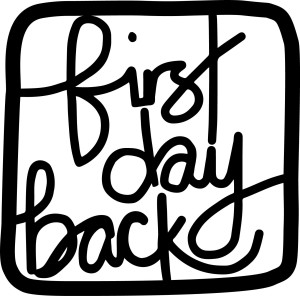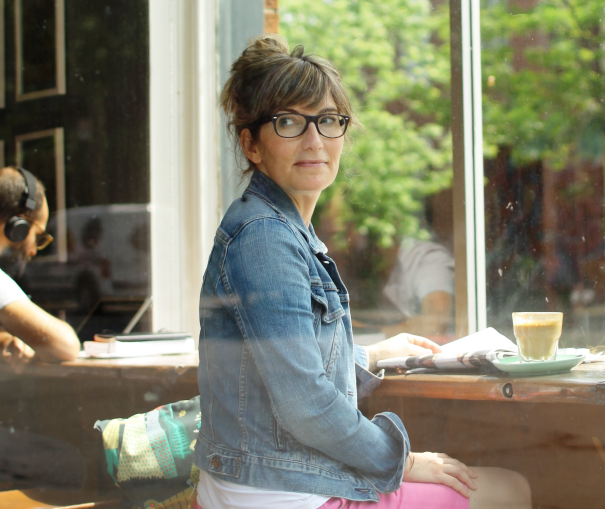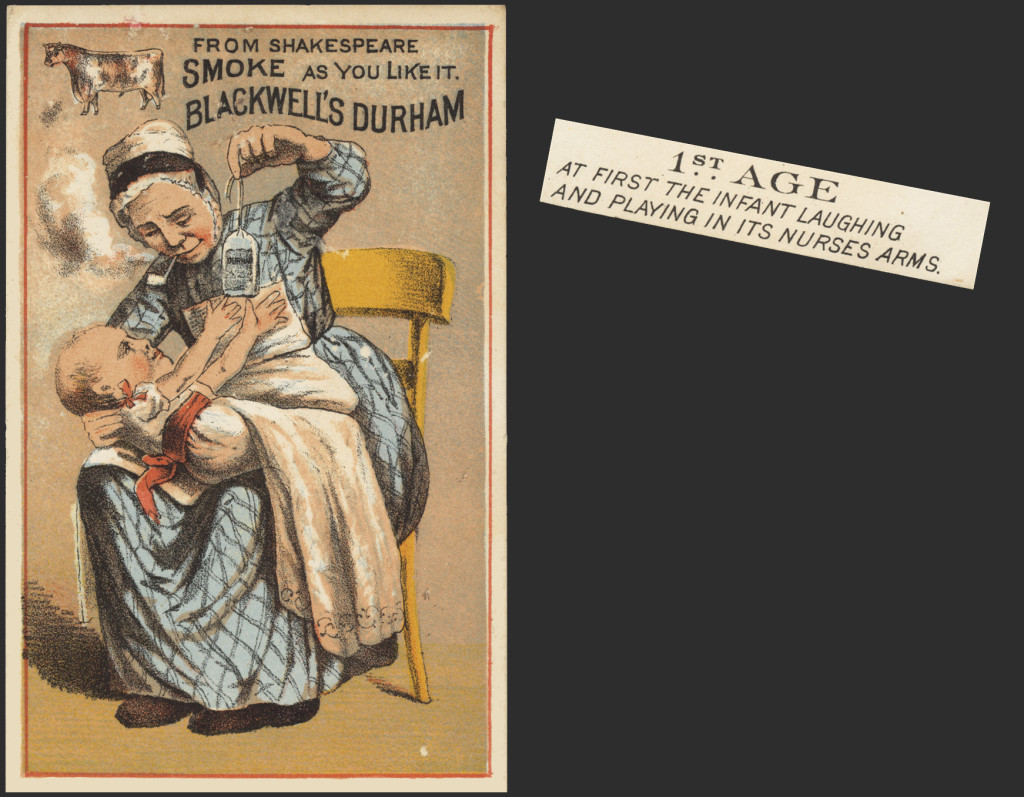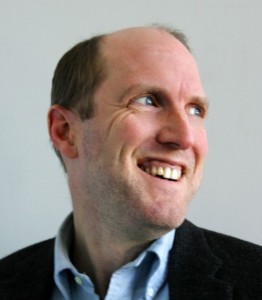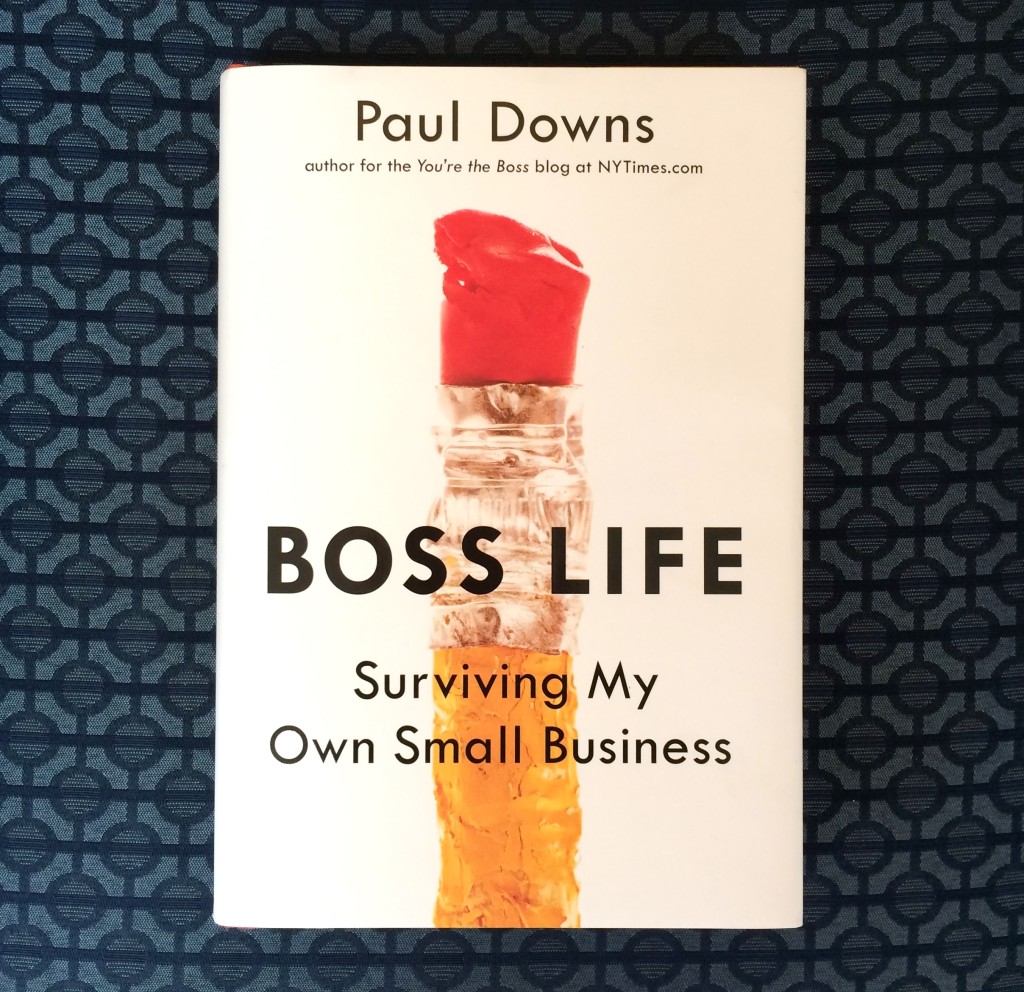I recently finished two quintessentially American books. I had been working on Blood and Thunder since I got back from hiking in Desolation Wilderness with my father. After closing that historical epic, I picked up Hillbilly Elegy, planning to just read a chapter or two. Well, I ended up tearing through the book and didn’t get to sleep until after 3am.
Blood and Thunder uses the life of famous frontiersman Kit Carson to track “the Conquest of the American West” (so declares the subtitle). Author Hampton Sides describes the role that Carson played in various quasi-scientific mapping expeditions, the United States’ wars with Mexico and the Native American tribes of the Southwest — especially the Navajo — and the general aftermath of white settlers claiming land previously occupied by indigenous tribes. The book is well-researched but not academic, so it’s both edifying and gripping.
The sub-topic I found most fascinating was the mutually fraught relationship between the Native Americans and the settlers (both Mexican and migratory American), which focused on the New Mexico Territory. Plenty of racism was involved, but before the army came west the white residents of New Mexico were not holding their own against the Diné (the Navajo’s word for themselves), the Utes, or other local ethnic groups. Native American raiders stole scores of sheep from the settlers, and slave expeditions went back and forth between the New Mexicans and the tribes.
This is not to say that fiat United States aggression against the Native Americans was justified — it was a continuation of European Americans’ protracted genocide of indigenous people. Kit Carson himself, though he had personally killed many Native Americans, attributed their worsening plight to white violence. However, the escalating atrocities were mutual, even after the Navajo Long Walk, which I didn’t know. It goes to show that the situation on the ground is always more complex than the neat narrative that comes out of it.
I stayed up late reading Hillbilly Elegy all in one go and now I'm pretty restless. Can't stop contemplating personal responsibility.
— Sonya Mann (@sonyaellenmann) September 9, 2016
In keeping with the theme of moral complexity, Hillbilly Elegy is fundamentally about how poor Appalachian whites bear some responsibility — ultimate responsibility, author JD Vance might argue — for their own demographic’s sorry state. The book is 75% memoir interspersed with 25% social analysis. I bought this after reading an interview with Vance and seeing Hillbilly Elegy praised by Nils Gilman. Vance’s story and commentary were very, very good.

Vance uses his own life as an example and a lens. He describes the loving chaos of his extended family, punctuated by mutual abuse among the adults, and the recurring trauma of his immediate home life. Vance attributes his later success as a Marine, college student, lawyer, and husband to the constant, fiercely loyal, and raucously affectionate presence of his grandparents. He describes the importance of being taught to believe that his choices could matter, that he could influence his fate by working hard and being diligent.
“The long view, inherited from my grandparents’ 1930s upbringing in coal country, is that all of us can still control some part of our fate. Even if we are doomed, there’s reason to pretend otherwise.” — JD Vance
I am more liberal than Vance, but I agree that we’re each responsible for how our own lives turn out. There’s politics and then there’s reality — I belong to myself, and you belong to yourself. We must strive for survival and success. Especially since the systemic change comes slowly.
But hey, another thing we should strive for is making the government serve its people more than the opposite arrangement!
Go buy Blood and Thunder and Hillbilly Elegy. If you have to choose one, Hillbilly Elegy is more “essential reading”!
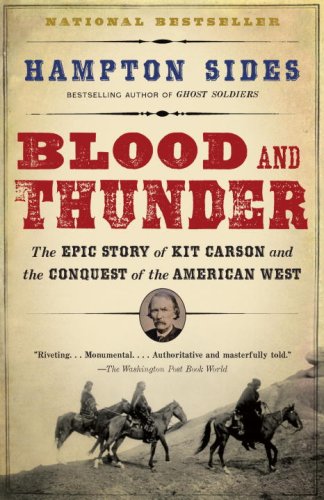
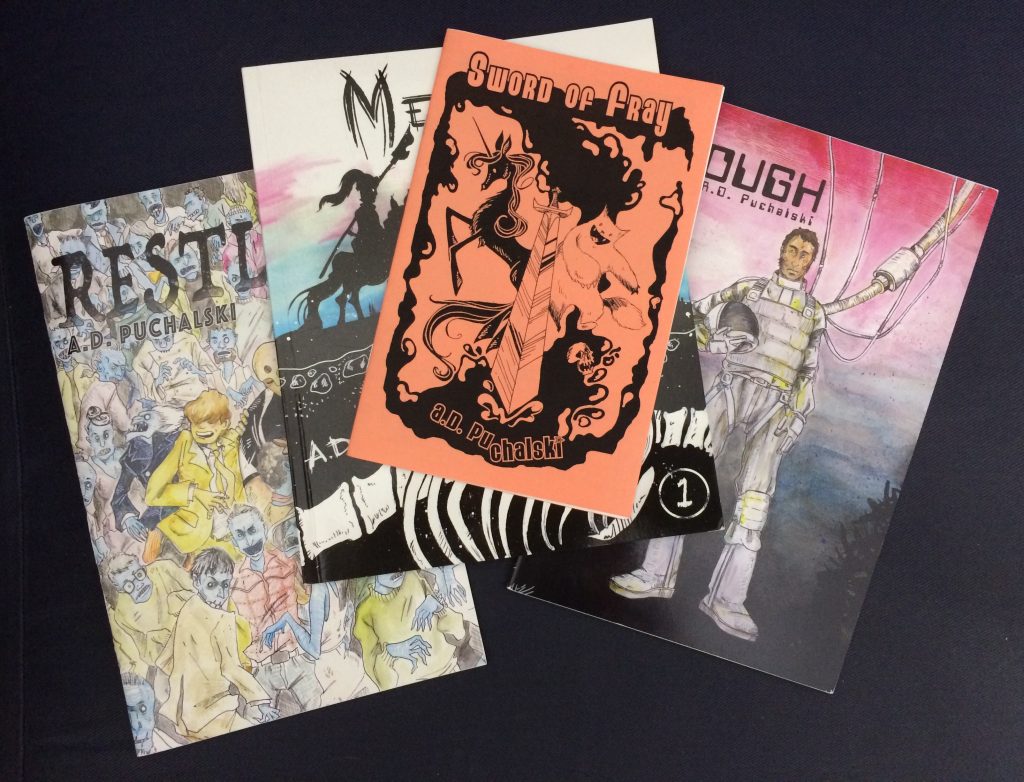
![Dilbert visits the park. Photo by Ol.v!er [H2vPk].](../wp-content/uploads/2015/10/239344224_504f52fa53_z.jpg)

![Dilbert visits the beach. Photo by Ol.v!er [H2vPk].](../wp-content/uploads/2015/11/193903683_cc97f1cb12_z.jpg)
